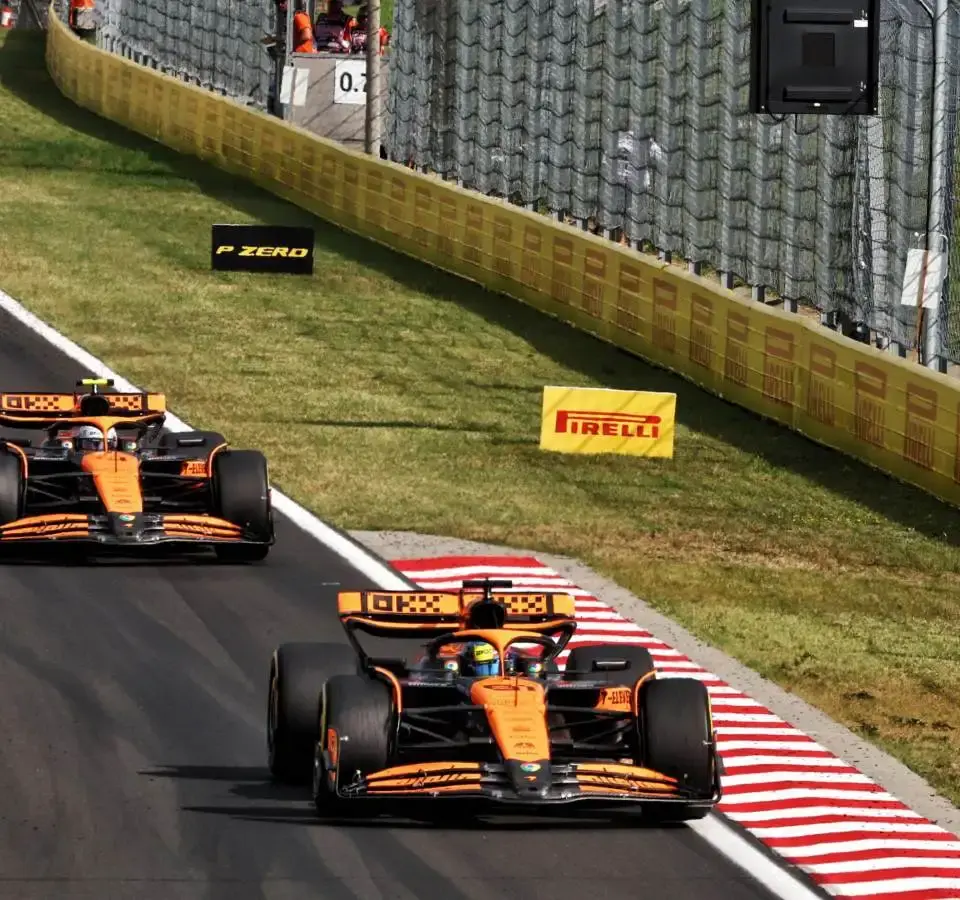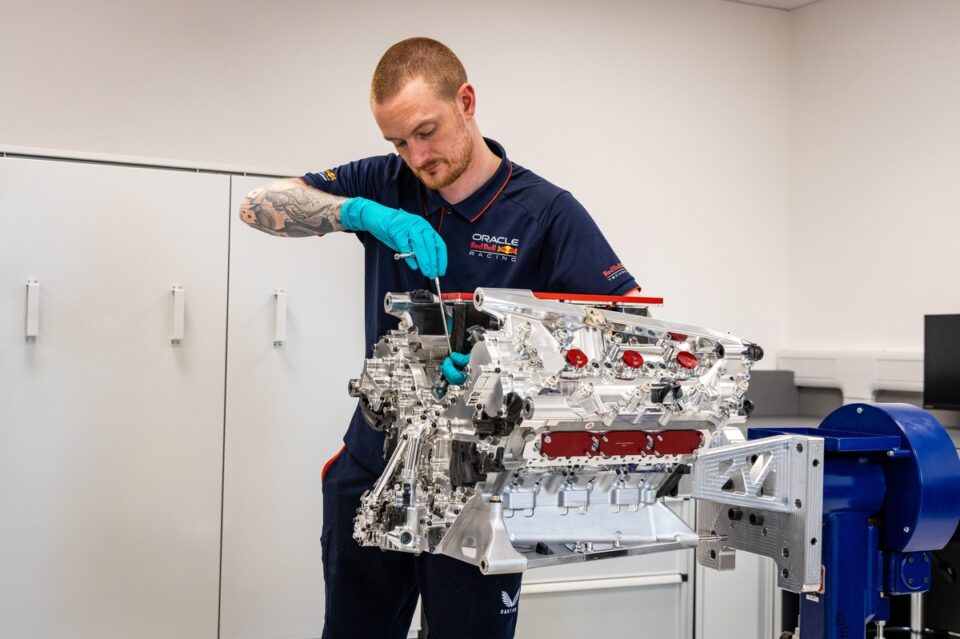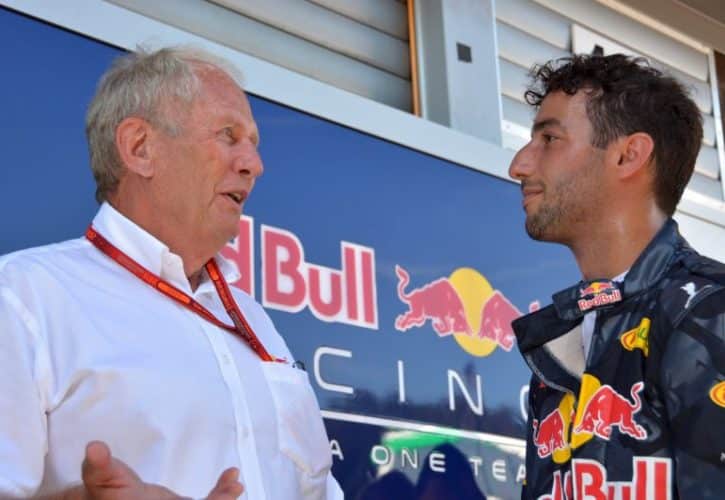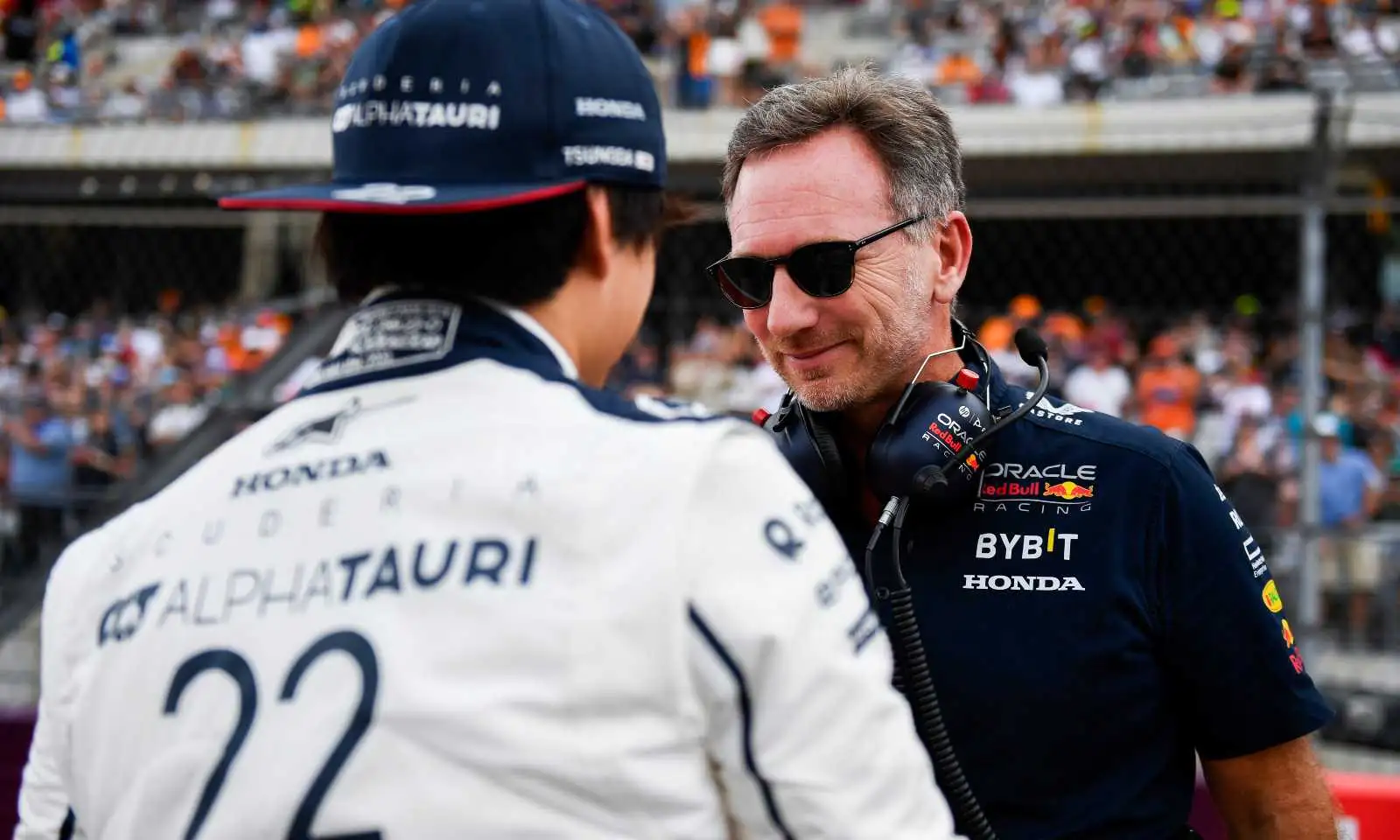When the laps ticked down in Hungary, McLaren’s Andrea Stella faced a pivotal moment.
- Lando Norris’ hesitation in following team orders overshadowed a potential 1-2 finish.
- Radio messages from race engineer Will Joseph highlighted the internal struggle.
- Team boss Andrea Stella chose not to issue a direct order to Norris.
- Would McLaren’s result have been different with a firmer hand from Stella?
Lando Norris’ delay in obeying a McLaren team order near the end of the Hungarian Grand Prix did little to enhance what should have been a glorious 1-2 finish for the team. With just three laps remaining, Norris finally conceded the lead to teammate Oscar Piastri, after much pleading from his race engineer Will Joseph. “Mate, we did the stop sequence in this order for the good of the team,” Joseph implored.
The decision to pit Norris before Piastri created an opportunity for an undercut, giving Norris track position at a crucial circuit. Despite Piastri’s lack of pace in the final stint, Norris stretched his lead, resisting calls to revert positions. Joseph’s appeals, including assurances of protection, were clear reminders of what was at stake.
Norris admitted post-race that he considered defying the order outright, reflecting on the selfish nature necessary in the sport. “Things are always going to go through your mind because, you know… You’ve got to be selfish in this sport at times,” he explained. It was only under Joseph’s consistent pressure that he chose to comply.
What stood out was Andrea Stella’s decision not to intervene directly over the radio. He trusted Joseph to manage the situation, which ultimately played out in their favor, but not without tension. Joseph’s reminders of Norris’ championship hopes and the importance of team cooperation seemed to hit the mark.
Comparisons were drawn to Ross Brawn’s authoritative style during his time with Ferrari and Mercedes, where he didn’t hesitate to issue direct orders. Stella, however, opted to rely on Norris’ conscience, believing in the team’s principles of putting collective interests first. This approach, while admirable, introduced risk and required substantial faith in Norris.
In the end, Stella defended his decision, highlighting the pre-race principles discussed with the drivers, emphasizing team interests over individual gains. While Norris adhered to this on the day, the situation raised questions about what might happen if similar circumstances arise in the future.
McLaren narrowly avoided a potential disaster in Hungary due to Norris’ eventual compliance, but questions remain about their approach to team orders during critical moments.
Source: Planetf1










